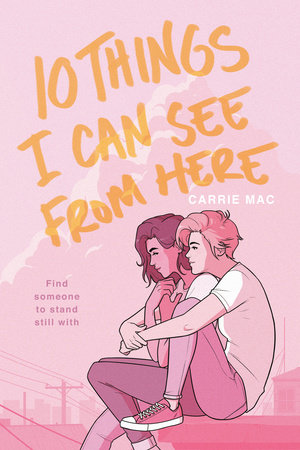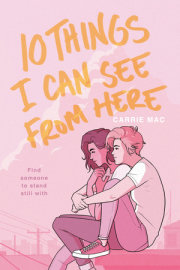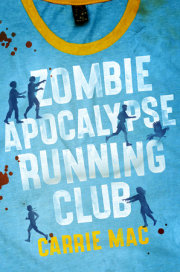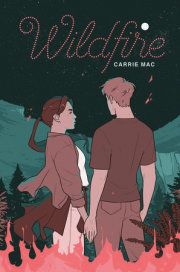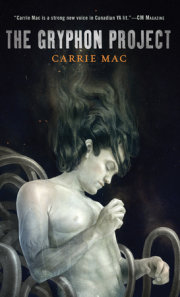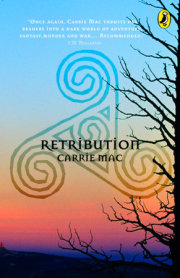Stupid Things People Say
You are not your anxiety.
Don’t worry your pretty little head.
It doesn’t matter.
Don’t exaggerate.
Why get upset about something so small?
Just put it out of your mind.
All good things. All good things.
Ignore it.
Let go and let God.
Think positive.
Move on.
Get back on the horse.
What’s the matter, honey?
If you visualize good things, good things will happen.
Manifest destiny, Maeve. Make it happen.
You be the master of your life. Take charge!
Don’t underestimate the power of positive thinking.
Keep calm and carry on.
Don’t worry; be happy.
What is there to worry about?
All the things.
Being Hit by a Train
I could easily admit that it was nicer and faster to take the train from Seattle to Vancouver. But the last time I took the train, a woman threw herself in front of it just outside Everett. None of us had any idea what was happening while the train dragged the woman along until it finally screeched to a stop, spreading out her brains and entrails along the tracks. Which I knew because I researched these things. Her name was Carol Epperly. Thirty-six years old. Mother of two. Struggled with depression. No kidding. I read her obituary (of course), and it sounded like someone really angry wrote it. I’m guessing it was her husband, and if so, he was pissed. His name was Doug. He had a lawn-mower repair shop in Everett. She struggled against the depression, but clearly not hard enough. That’s what it said. And at the end: Never mind a charity; please consider donating to a fund for the boys, who will only know life without their mother from now on.
I would not be taking the train again anytime soon. That one moment was all I talked about with my therapist for almost three months straight. Nancy actually told me that it was time to move on. She had never said that before. That was like admitting defeat. That was like saying I had stumped her. She had never once offered a platitude before that.
So I took the bus, which I’d taken often enough to admit that it wasn’t the worst thing, even if it was slower. Mom drove me from Port Townsend to Seattle. I started crying before the stop sign at the bottom of our road.
“Oh, Maeve, sweetheart.” She drove with her hand on my knee. “It will be okay. I know it.”
There wasn’t anything for me to say. I’d already said everything. So I cried. The mountain of tissues in my lap grew tall and teetering. I was still crying as Mom looked for a parking spot at the bus station.
I cried while she bought my ticket. I cried and cried and cried when it was time to go.
“I love you,” Mom said.
“I love you.” But I didn’t say goodbye, and neither did she. We never said goodbye when I went to Dad’s. It was our superstition. Or mine, and she just played along. No goodbyes. Especially this time.
Nancy had told me that I should take the train again so that I would realize that people don’t throw themselves in front of trains all that often. This is your horse, Nancy said. Get back on it, Maeve. Besides, Nancy told me, it was far more likely that my bus would get into a terrible crash than that another person would commit suicide by train. Which was not helpful in the least. But I just couldn’t do it. I just could not get back on the train. Not yet. Not after Carol Epperly.
You could always walk, Dad had said. Which would be kind of epic. It could be a whole coming-of-age spiritual experience happening right along the I-5. Imagine that.
I didn’t want to do the train, or the bus, or walk. And there was no excuse to fly, considering how close it was, for one thing, and the litany of possible air disasters, for another. I just wanted to stay home. But that was not an option either. You’re too nervous, Mom said. Imagine being alone at night. You’d just sit there trembling and anxious, which you do even when I’m home. And it was true. I worried and worried and worried until I was sick. But she was going to Haiti, so I was going to Dad’s. For six months.
The wait at the border took extra long because some guy didn’t have the right papers, and they took him into a room and questioned him for half an hour while the rest of the passengers just stood around wondering what the hell was going on and I chewed my nails and thought too hard. Were they interrogating him? Was he a terrorist? Or wanted by the FBI?
He looked pretty sheepish when he came out. Everybody else looked royally annoyed. Not me, though. I’d made the mistake of surfing the internet to distract myself from the potential serial killer in the little room, and because I couldn’t help myself, I’d looked up Greyhound bus deaths.
Copyright © 2017 by Carrie Mac. All rights reserved. No part of this excerpt may be reproduced or reprinted without permission in writing from the publisher.

